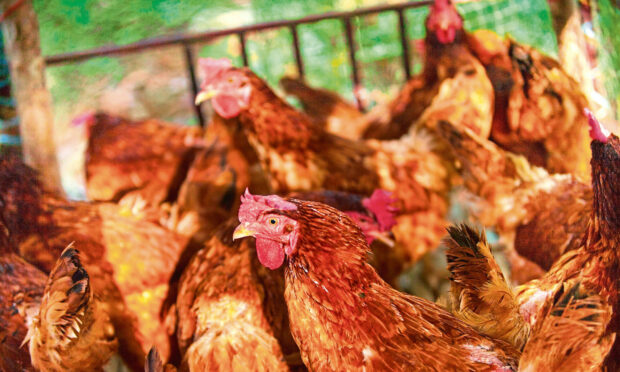The European Commission has given the green light to more bio-methane production as a response to the gas shortages triggered by sanctions against Russia.
The go-ahead was part of an EU sustainable energy week and coincided with a likely tightening of sanctions over allegations of gas pipeline sabotage.
The commission has launched an industrial partnership to encourage methane production, with an ambitious target of 35 million cubic metres of gas a year by 2030. It says this will help its drive to reduce carbon, while opening diversification opportunities for farmers.
US points finger at Russia over gas pipeline sabotage https://t.co/eee7SqdxXp
— BBC News (World) (@BBCWorld) September 30, 2022
It is putting considerable resources into increasing production, including ways to share best practice, on the basis that the gas is needed and can be deemed sustainable energy.
However, at a time when food security is a priority, it has avoided the issue of land or food crops being diverted to feed industrial-scale digesters.
Bumper crops for Russia
Meanwhile, the commission has given state aid approval for a French 15 million euro plan for farmers affected by a severe outbreak of avian flu.
In a bizarre twist of fortune, while the EU and Ukraine reel from a drought-hit cereal harvest that brought yields below the five-year average, Russia had a bumper crop.
According to commission monitoring experts, Russian winter crops had close to perfect conditions, with a warm spring and adequate moisture through the summer months. Spring crops, which were badly hit by drought in Europe, fared well in Russia, with the exception of a few regions. So the forecast is that Russian yields will all be above the five-year average, with the wheat crop said to have set a new production record.
Warning over gloabl food disaster
G20 farming ministers meeting in Indonesia have heard a warning from the UN Food and Agriculture Organisation of the importance of making sure this crisis does not turn into a global food availability disaster.
The commission has moved efforts to control African swine fever (ASF) up the agenda, based on the lack of success with existing control measures.
At a meeting in Brussels on ASF, the commission urged co-operation between industry and scientists to accelerate the development of an effective vaccine.

Conversation